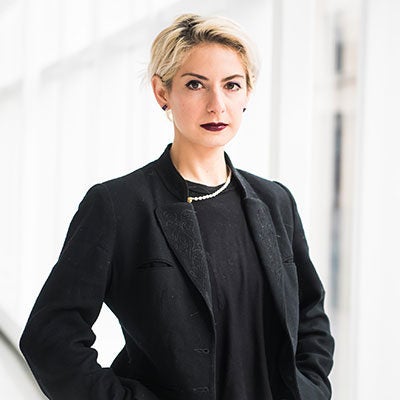Dominic Boyer
Dominic Boyer is an anthropologist who teaches at Rice University where he also served as Founding Director of the Center for Energy and Environmental Research in the Human Sciences (2013-2019). His most recent books are Energopolitics (Duke UP, 2019), which analyzes the politics of wind power development in Southern Mexico, and Hyposubjects (Open Humanities Press, 2021), an experimental collaboration with Timothy Morton concerning politics in the Anthropocene. With Cymene Howe, he made a documentary film about Iceland’s first major glacier (Okjökull) lost to climate change, Not Ok: a little movie about a small glacier at the end of the world (2018). In August 2019, together with Icelandic collaborators they installed a memorial to Okjökull’s passing, an event that attracted media attention from around the world. Boyer’s Berggruen USC Fellowship project, “Electric Futures,” focuses on efforts to decarbonize the global economy via greater electrification. In particular, Boyer is studying the new kinds of democratic and infrastructural politics that are coming into being around electricity initiatives.
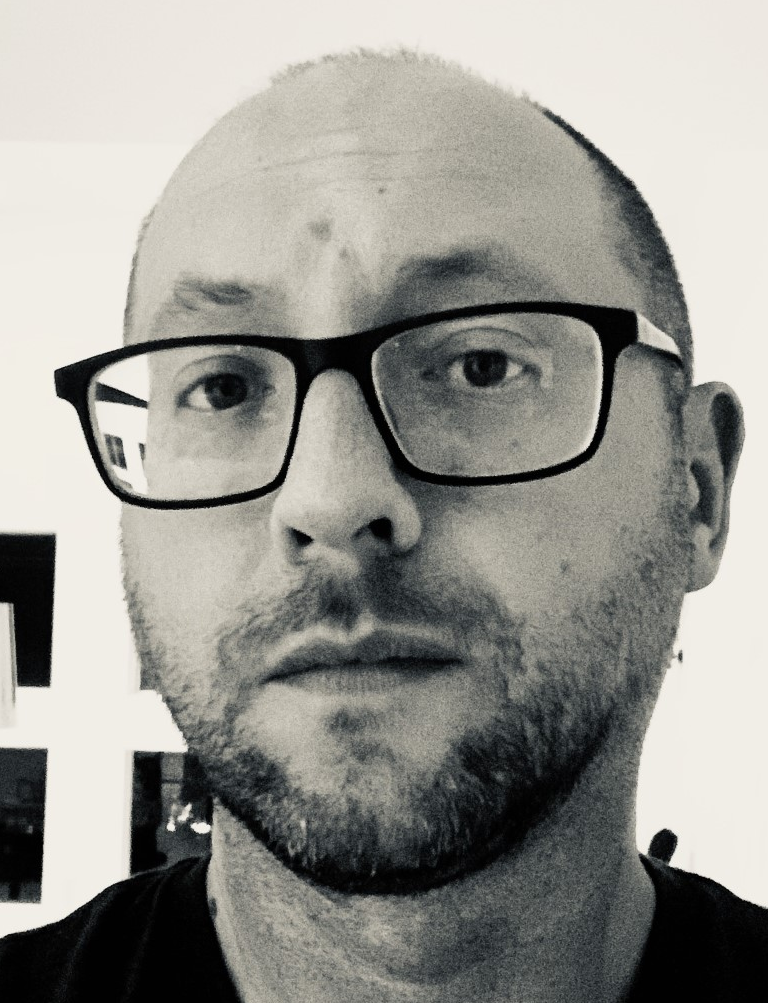
Stuart Candy
Stuart Candy, Ph.D. (@futuryst) helps people think about possible worlds by bringing them to life. Co-creator of the acclaimed imagination game The Thing From The Future, and coeditor of the collection Design and Futures, his experiential practice, scholarship, and frameworks have influenced practitioners around the world, appearing in museums, festivals, and city streets, on the Discovery Channel, and in the pages of Wired, The Economist and VICE. He collaborates to build a critical and creative capacity for foresight, imagination, and long-term responsibility, with recent partners including United Nations agencies, the BBC, World Economic Forum, International Federation of Red Cross and Red Crescent Societies, NASA JPL, United States Conference of Mayors, and Alaska’s Cook Inlet Tribal Council. Dr. Candy is Director of Situation Lab and Associate Professor of Design at Carnegie Mellon University (Pittsburgh), and was the first Fellow of the Long Now Foundation (San Francisco), and also of the Museum of Tomorrow (Rio de Janeiro).
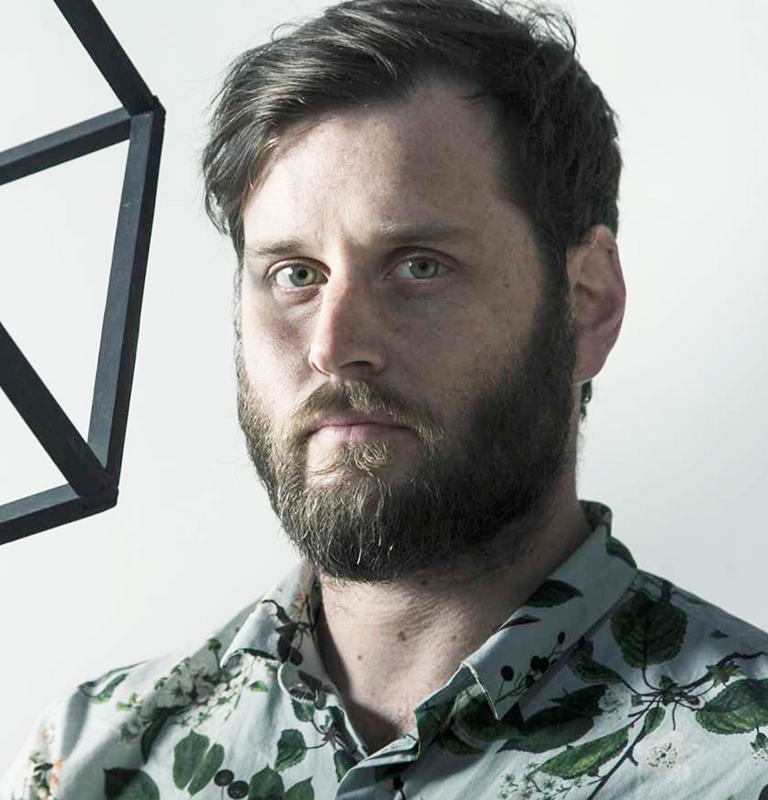
Devika Dutt
Devika Dutt holds a PhD in Economics from the University of Massachusetts Amherst, with a specialization in International Finance, Macroeconomics, Political Economy, and Development. Her research is focused on the political economy of foreign exchange intervention, central bank swap agreements, the political economy of development policy (especially as it relates to international financial institutions), international debt, and macroeconomic policy in developing economies. She is also a Research Fellow at the Global Development Policy Center at Boston University and one of the founders and Steering Group Members of Diversifying and Decolonising Economics. As a Berggruen Fellow she will be working on studying the political economy of the global reserve currency status and the domestic macroeconomic and social policy trade-offs that accompany it.
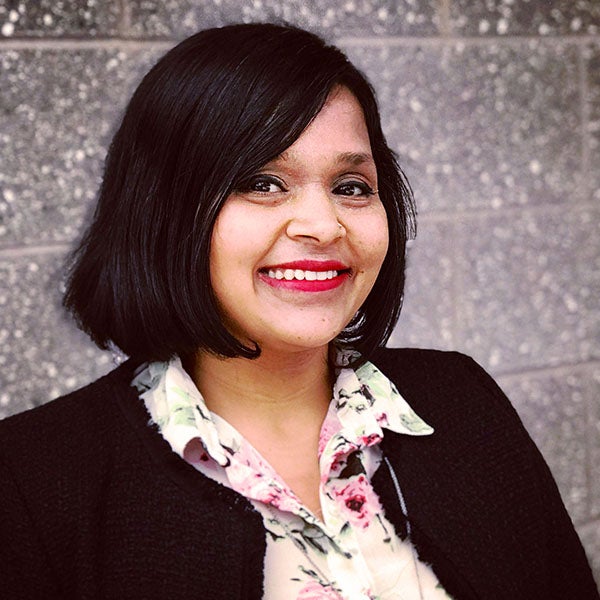
Peter Ekman
Peter Ekman is a recent Ph.D. in geography from the University of California, Berkeley, where he has also been Lecturer in Human Geography. He has held postdoctoral fellowships at Harvard University’s Dumbarton Oaks Research Library and Collection in Washington, D.C., and at Cornell University’s Clarence Stein Institute for Urban and Landscape Studies. His work has appeared in History of the Human Sciences, Planning Perspectives, the Journal of Planning History, and the Journal of Urban History, among other venues. A cultural and historical geographer, he writes on cities, suburbs, and metropolitan regions across the long twentieth century, chiefly but not only in the United States. At Berggruen and USC, he will be completing his first book, a hemispheric intellectual history of postwar planning, urbanism, and social science. Routed through the network of institutions codifying what was once called “organized research” on urban form and life, the book poses a series of enduring questions about temporality and expertise: what it is to plan the uncertain future on the basis of knowledge about the present and past.
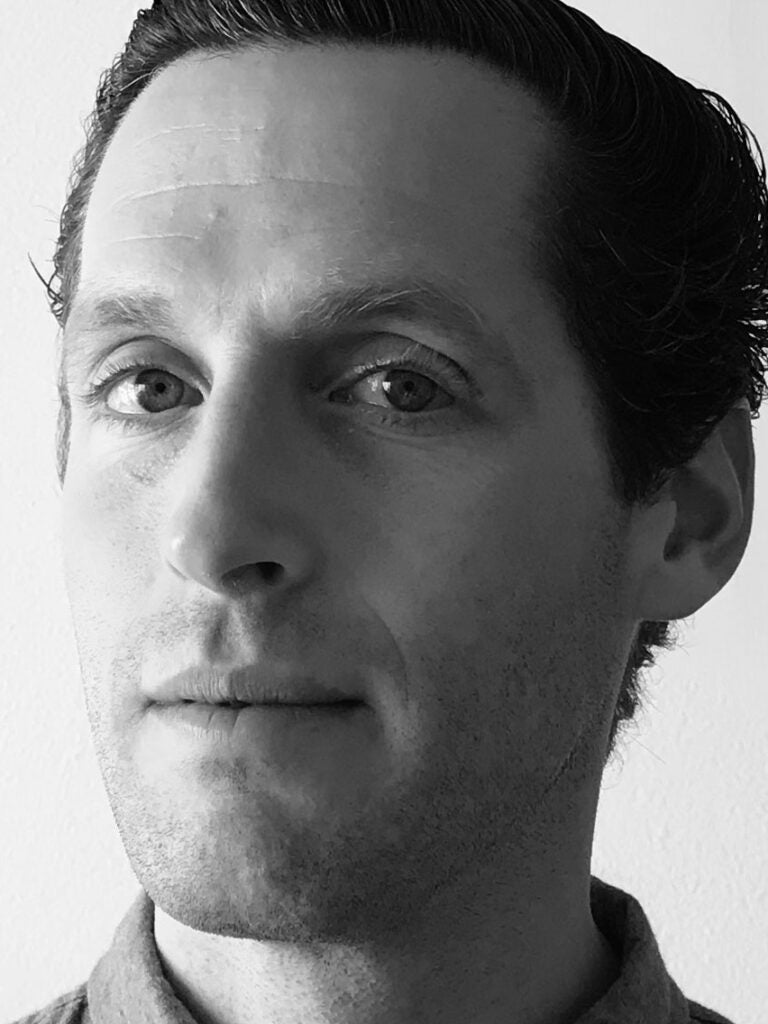
Johanna Hoffman
Johanna Hoffman is an urbanist working in the space between design, planning, fiction and futures. The Co-Founder and Director of Planning at Design for Adaptation, Hoffman uses strategic planning and speculative design to help communities, cities and organizations translate future uncertainties into present day choice. She has created adaptation strategies for international companies, led long term planning for leading academic centers, designed interactive installations of urban futures, and held fellowships at centers such as the Yerba Buena Center for the Arts and the European Futures Observatory. She holds an MLA from UC Berkeley. Her first book, The Future is Ours to Imagine: Creating Resilient Cities with Speculative Futures, is slated for publication in 2023. A blend of applied research and professional insight, the text contextualizes speculative design tools within the realities of city planning to illuminate the ties between collective imagination and more resilient urban design. Her work as a Berggruen Fellow focuses on frameworks for using speculative futures to enhance participatory and collaborative capacities in urban planning and policy development.
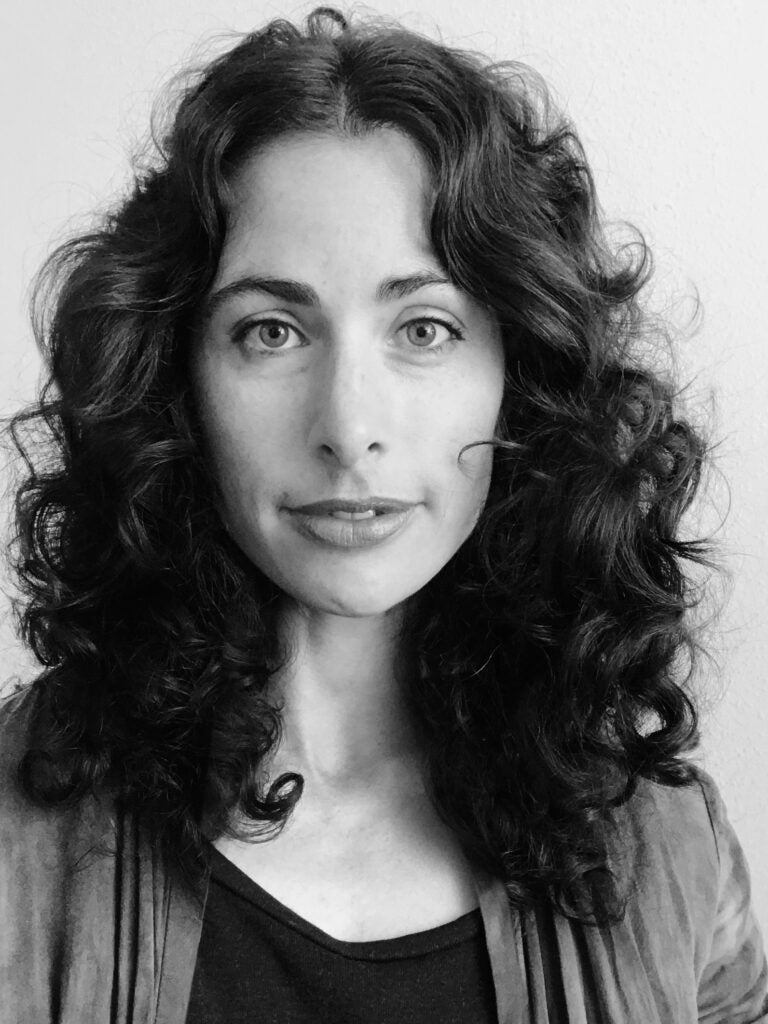
Vincent Ialenti
Vincent Ialenti is an Assistant Research Professor at George Washington University’s Elliott School of International Affairs. He holds a PhD in Sociocultural Anthropology from Cornell University. His new book, Deep Time Reckoning (MIT Press), is an ethnographic study of how Finland’s nuclear waste repository “safety case” experts grapple with distant future ecosystems and the limits of imagination. Vincent’s research on nuclear waste expert culture has been supported by the U.S. National Science Foundation, The Mellon Foundation, and The MacArthur Foundation. He has published in Social Studies of Science, The Journal of the Royal Anthropological Institute, Nuclear Technology, Science & Technology Studies, Physics Today, and The Bulletin of the Atomic Scientists. Alongside his scholarly work, Vincent has written several articles for NPR, the BBC, Forbes, Nautilus, and other public outlets. As a USC Berggruen Fellow, he will develop—in collaboration with The Long Now Foundation—a toolkit for nurturing societal time literacy, and for envisioning more long-termist, multi-temporal systems of governance.
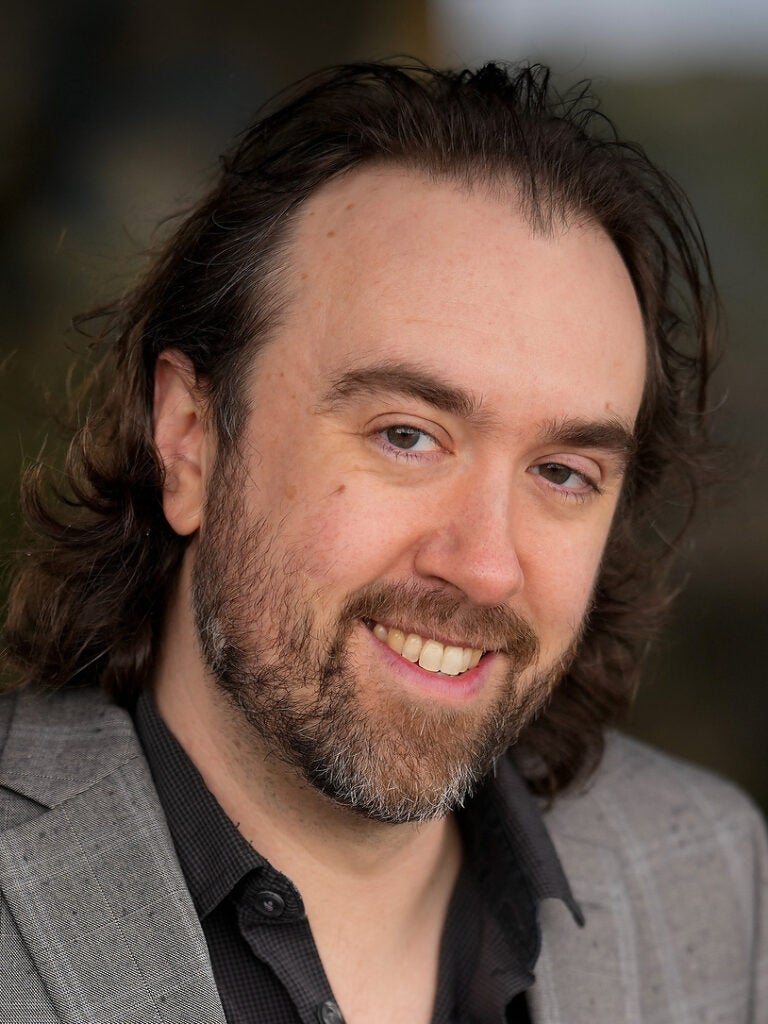
Martijn Konings
Martijn Konings is Professor of Political Economy and Social Theory at the University of Sydney, where he also serves as Associate Dean (Research) and co-directs a research program on asset ownership and the new inequality. He is the author of The Development of American Finance (Cambridge, 2011), The Emotional Logic of Capitalism: What Progressives Have Missed (Stanford, 2015), Neoliberalism (Polity, 2017, with Damien Cahill), Capital and Time: For a New Critique of Neoliberal Reason (Stanford, 2018), and The Asset Economy (Polity, 2020, with Lisa Adkins and Melinda Cooper). The research that he will undertake with the support of a Berggruen USC fellowship centers on the political economy of assets and wealth inequality. It will analyze the policy channels and mechanisms that sustain asset inflation in the current moment, as well as examine the politics of assets from a broader historical and conceptual perspective. He is Editor-in-Chief of Distinktion: Journal of Social Theory and co-edits, with Stefan Eich, the Stanford University Press series Currencies: New Thinking for Financial Times.
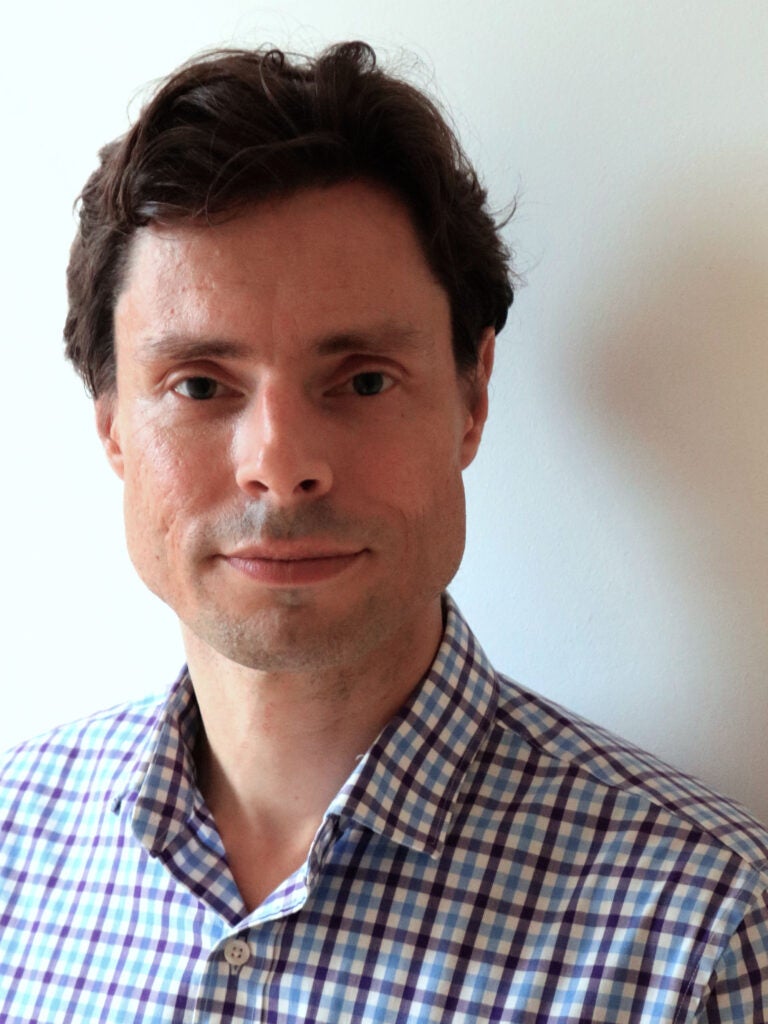
Xiao Liu
Xiao Liu’s research cut across areas of information studies, media and communication studies, science and technology studies, technology governance and policy, postsocialist and China studies, as well as science fiction and cultural studies. Her book, Information Fantasies: Precarious Mediation in Postsocialist China (University of Minnesota Press 2019), is the winner of the Science Fiction Research Association 2019 Book Award, and has been featured by New Books Network on Systems and Cybernetics, International Journal of Communication, The China Journal and other venues. In 2019-2020, she worked as a fellow at the Centre for the Fourth Industrial Revolution of the World Economic Forum along with multistakeholders to make governance frameworks for emergent technologies, which led to the publication of the White Paper “The Internet of Bodies is Here: Tackling New Challenges of Technology Governance.” She is currently a Wilson China Fellow with a project that studies the governance space of personal data in China. At Berggruen, she will join other fellows and colleagues to study how the transformations of the human under evolving technical conditions demand a rethinking of existing approaches to technology governance.
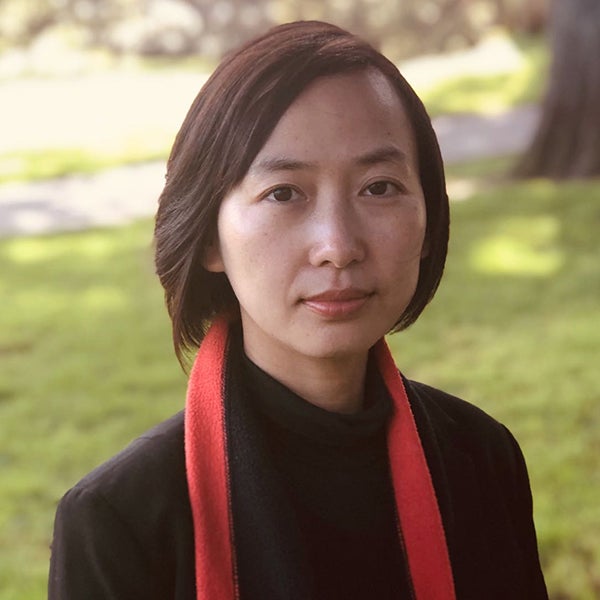
Michael McCarthy
Michael A. McCarthy is an economic democracy activist and Associate Professor of Sociology at Marquette University. He holds a PhD and MA from New York University and a BA from the University of California, Los Angeles. Much of his work is on power and finance. He is the author of the award-winning book, Dismantling Solidarity: Capitalist Politics and American Pensions since the New Deal (Cornell University Press, 2017), which explains the marketization of old-age income in the US. He is co-editor of the volume Rethinking Class and Social Difference (Emerald, 2020) through the Political Power and Social Theory book series and has written for several peer-reviewed journals, including Annual Review of Sociology, Critical Historical Studies, Labor Studies Journal, Mobilization, Politics & Society and Socio-Economic Review. He is also a regular contributor to Jacobin Magazine and has advanced public debates about economic democracy in venues such as The Washington Post, Boston Review, Renewal, and Tribune Magazine. He is currently undertaking several projects about economic justice, including a co-authored book on the social theory of Erik Olin Wright. As a Berggruen Fellow at USC, he will complete a manuscript on democratizing finance, tentatively titled The Master’s Tools: Using Finance Against Capitalism, which is under contract with Verso Books.
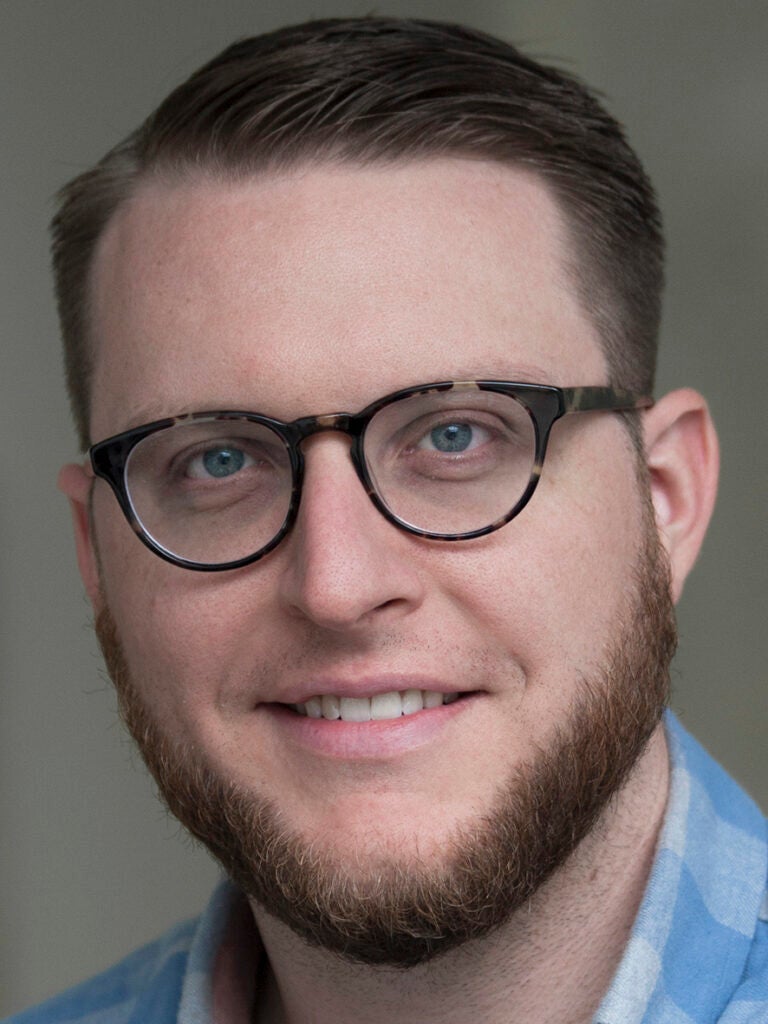
Mark Paul
Mark Paul is an assistant professor of economics and environmental studies at New College of Florida. As a political economist, Mark spends most of his time thinking about inequality and the climate crisis. Half of his work is focused on understanding the causes and consequences of inequality and assessing and designing remedies to address it. The other half of his work is dedicated to climate change and environmental policy. Mark’s research and writing has appeared in the New York Times, The Economist, Washington Post, The Financial Times, The American Prospect, and MIT Technology Review, among other publications. At the Berggruen Institute, Mark will complete his first book entitled Freedom Is Not Enough: Economic Rights for an Unequal World, for Chicago University Press. The book is expected to be published in fall 2022.
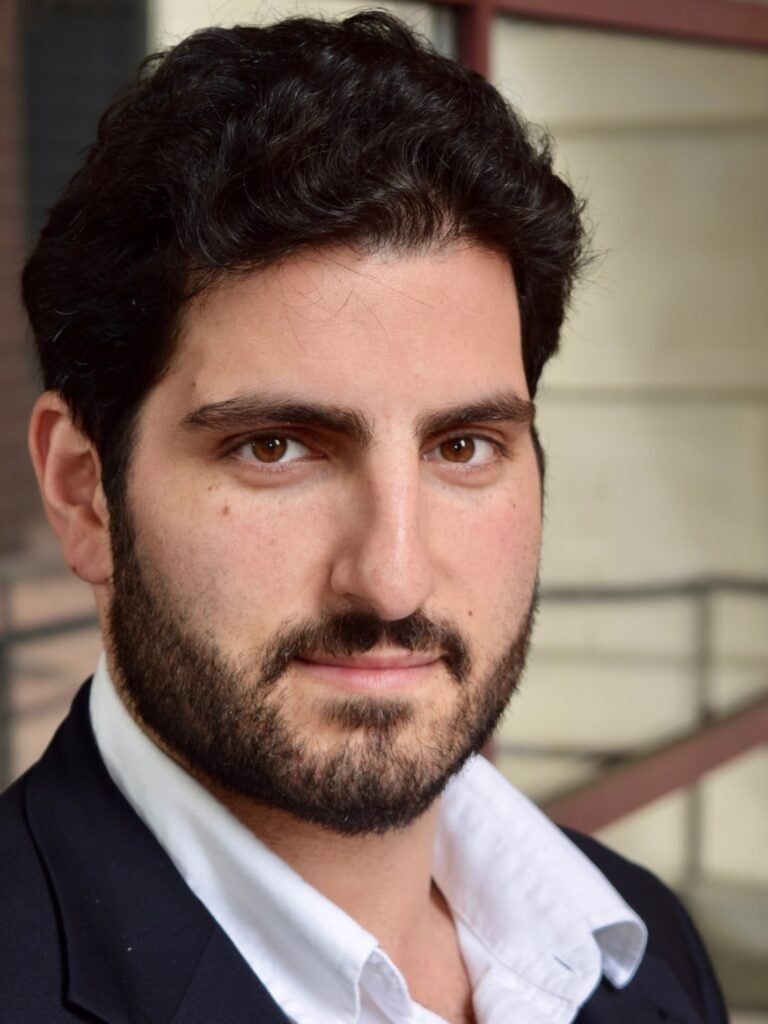
Claire Webb
Claire Isabel Webb earned her Ph.D. graduate from the Massachusetts Institute of Technology’s History, Anthropology, and Science, Technology, and Society (HASTS) program in 2020. An internship at the Search for Extraterrestrial Intelligence (SETI) Institute in 2008 sparked the topic of Webb’s dissertation: Technologies of Perception: Searches for Life Beyond Earth. Informed by her ongoing work with the SETI group Breakthrough Listen at U.C. Berkeley, Webb’s book project historically and ethnographically tracks how scientists have investigated extraterrestrial life forms—both microbes and beings—since the Space Age. She used feminist and decolonize frameworks of analysis to theorize historical and current scientific imaginations of alien life. Webb plans to complete this project as a Fellow at the Berggruen Institute and to continue to forge cross-disciplinary connections between scientists and humanists.
